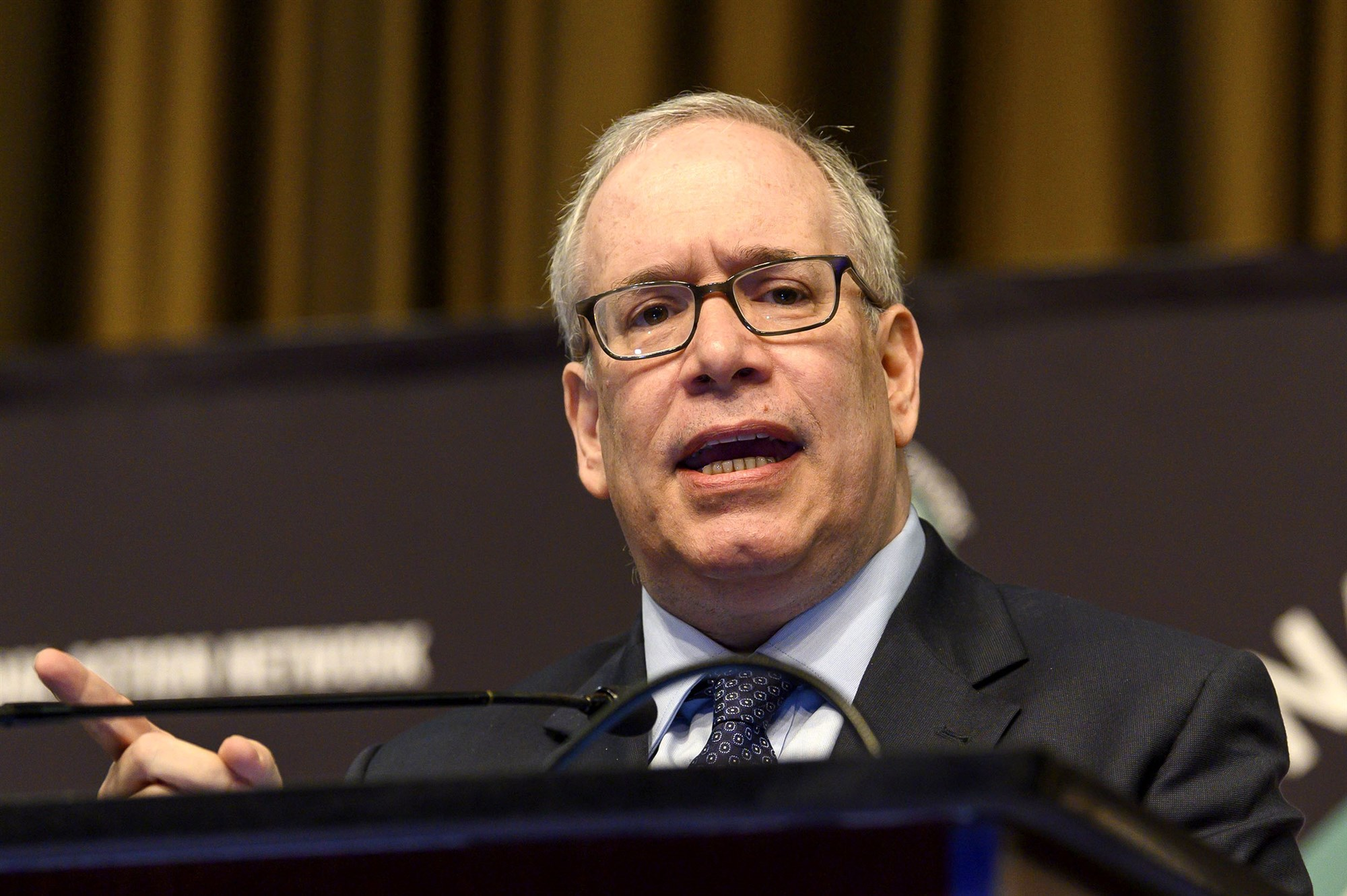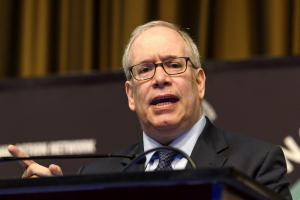
Written By: Sydney Rodriguez

According to a report released Mar. 12 by NYC’s Comptroller Scott M. Stringer, CUNY graduates contribute greatly to the state’s economy, as 79 percent of CUNY graduates, or nearly 850,000 graduated students, work full time in NYS.
“CUNY is an engine of social mobility and must be at the heart of any plans for our recovery from the devastation of COVID-19,” said Stringer in an announcement on the city’s website. “Few institutions better reflect New York’s incredible diversity and it is time that we as a city recognize the power of CUNY and adequately invest in its students and its teachers. There is no economic recovery for New York without a strong and well-funded CUNY system.”
In the last three decades, there has been an increase of almost 150 percent in CUNY graduates, which includes more than 1 million CUNY graduates from 1991 to 2020. 64 percent of those graduates are people of color.
Out of the 79 percent CUNY graduates, one third represents those with an Associate’s degree and 18 percent represents those with a Bachelor’s degree.
According to Stringer’s analysis, CUNY graduates working in New York State earned a combined $57 billion annually ($67,000 on average) in 2019, which is an approximated $28.6 billion more than students would have earned without a college degree.
In an Oct. 14 report, Stringer also called for a redevelopment of the workforce, including a proposed free-tuition for CUNY community colleges, a universal paid internship program for CUNY students, and much more to build a better post-pandemic workforce and economy.
“CUNY is essential to any workforce development strategy in New York City—which means it is vital to our City’s economic recovery,” said Stringer in the Oct. 14 announcement on the city’s website. “The pandemic exposed inequities in our economy and worsened the longstanding gaps in our social safety net. As we work to recover and rebuild, we must address these gaps and ensure that New York City’s workforce is strong and ready to take on the opportunities and challenges of the post-COVID, 21st century global economy.”
